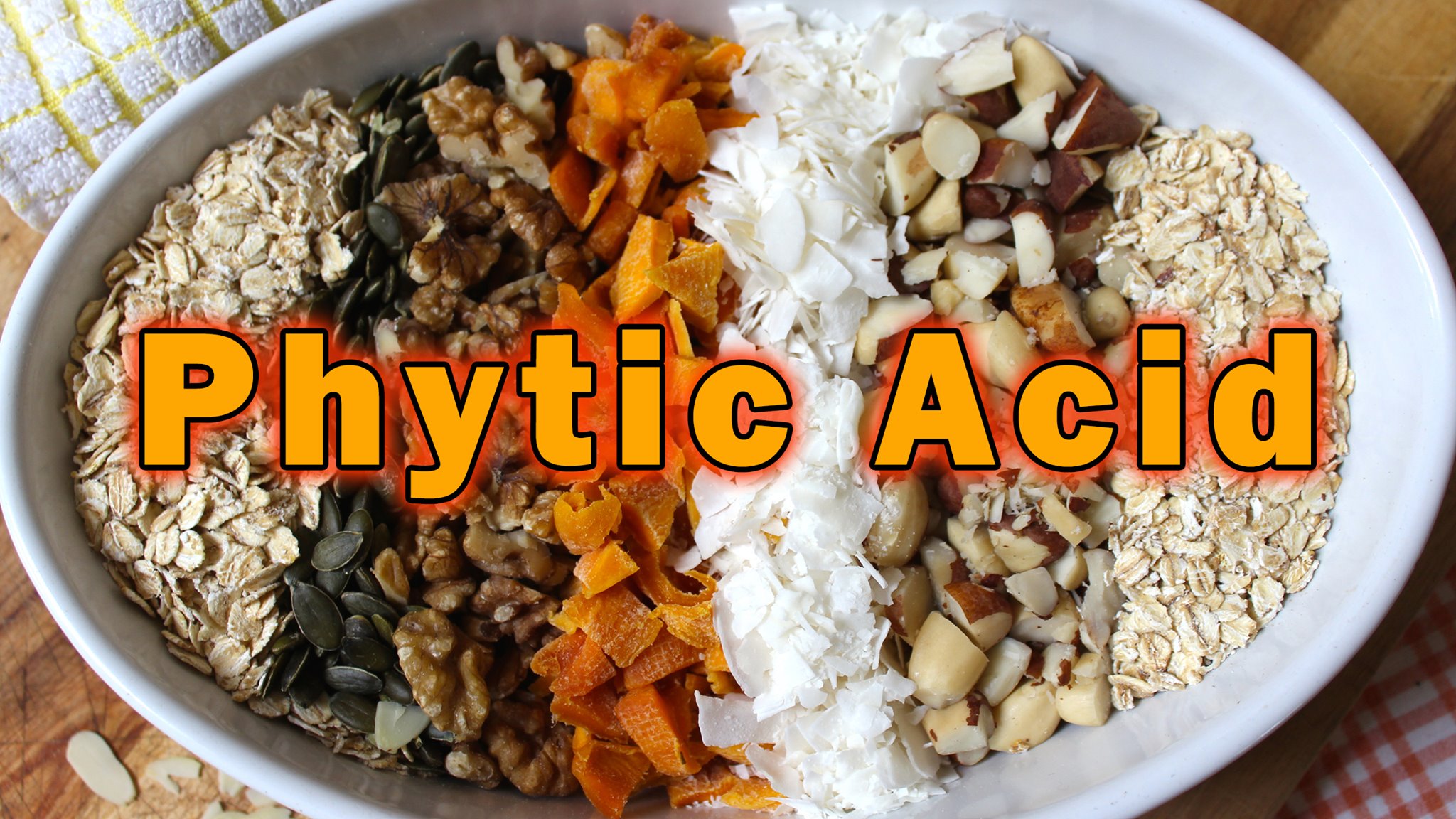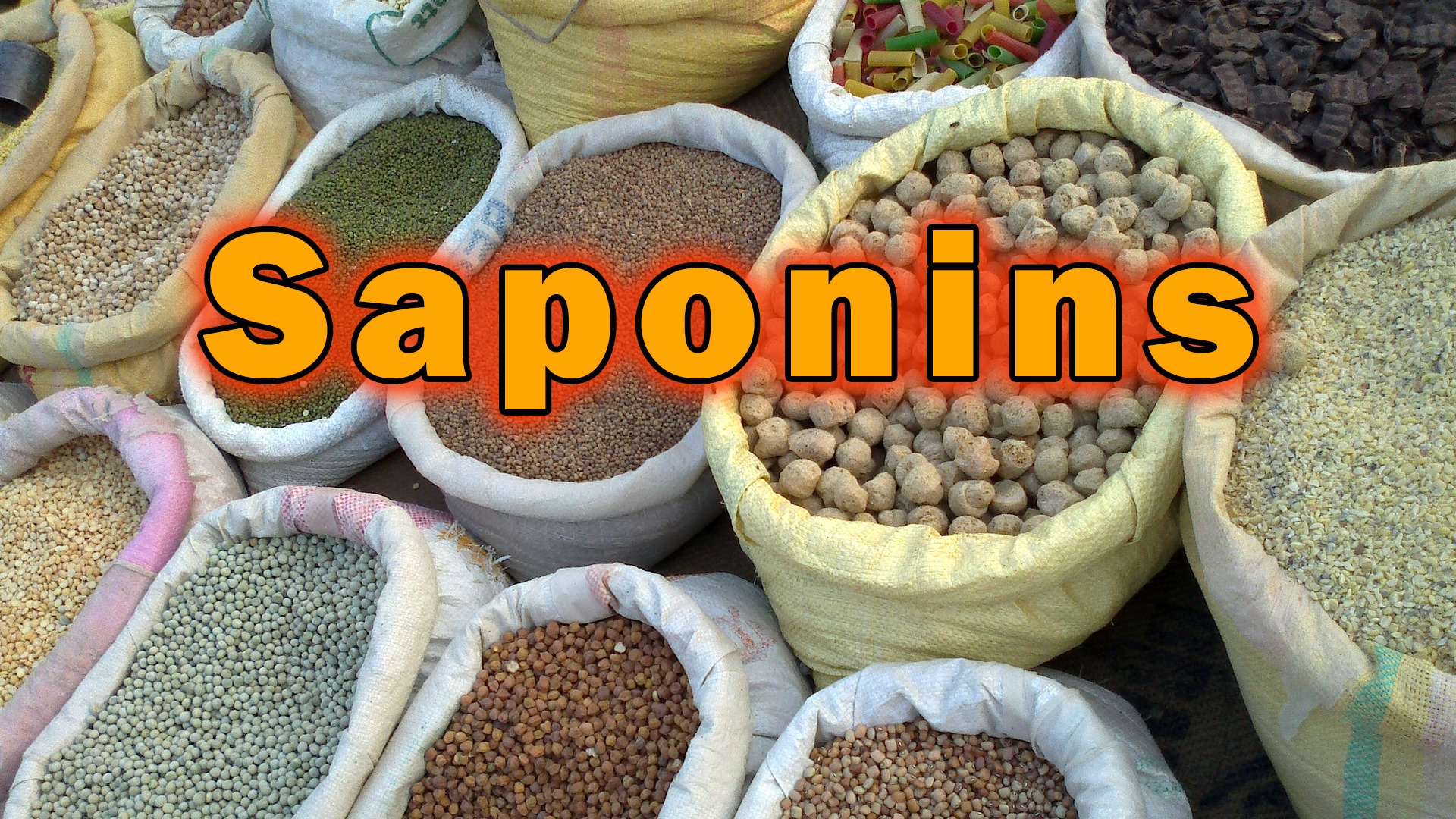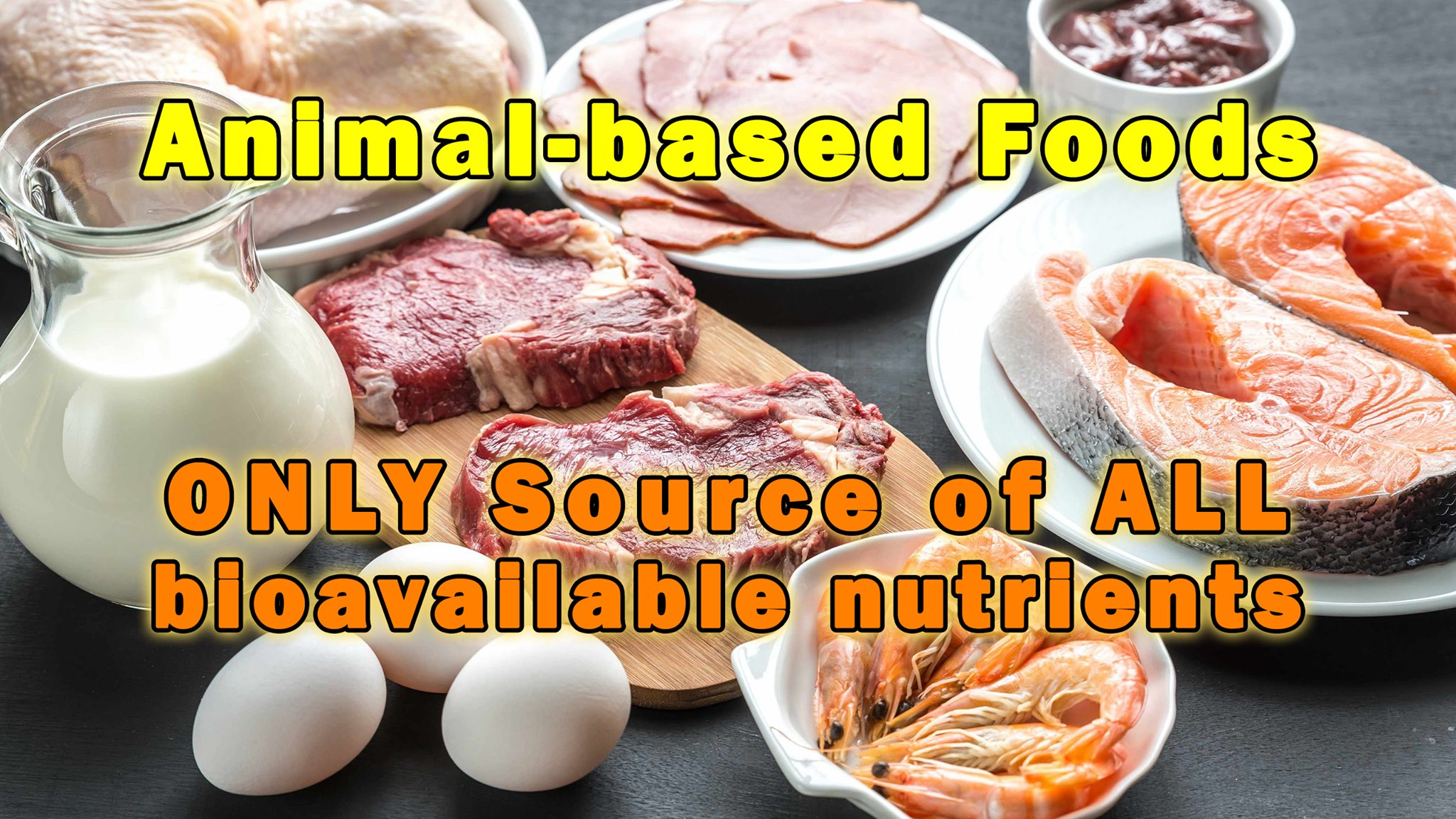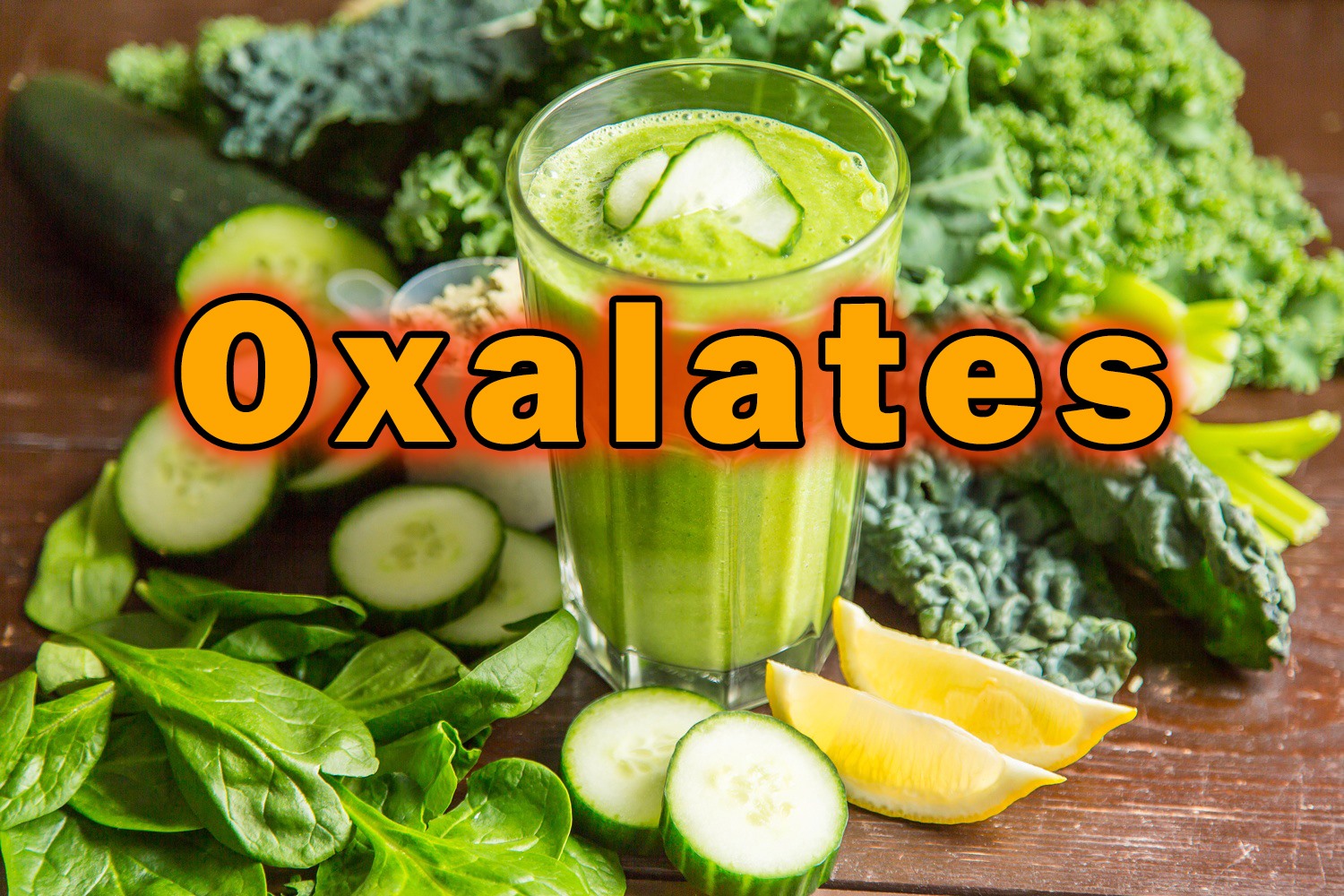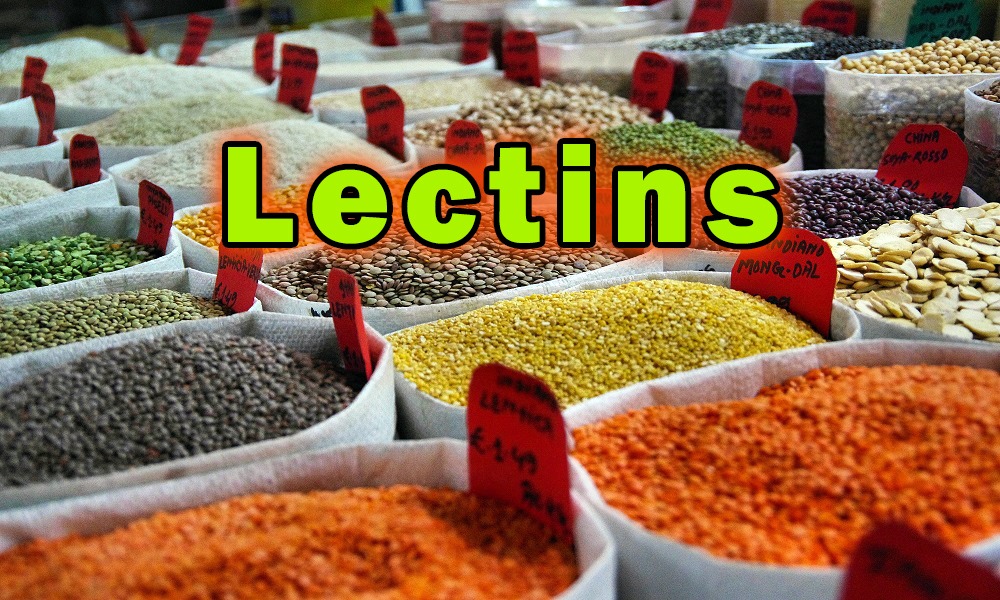Know Your Poison: Phytic Acid
In this part of covering all the toxic plant chemicals, we will look at phytic acid; one of the few antinutrients that at least some people actually know exists. While it fades in comparison with some other plant defense toxins, it’s still a very serious and dangerous one. As with all antinutrients, they are simply chemicals that bind to nutrients that the plant, or seed, need in order to grow. Phytic acid is no […]
